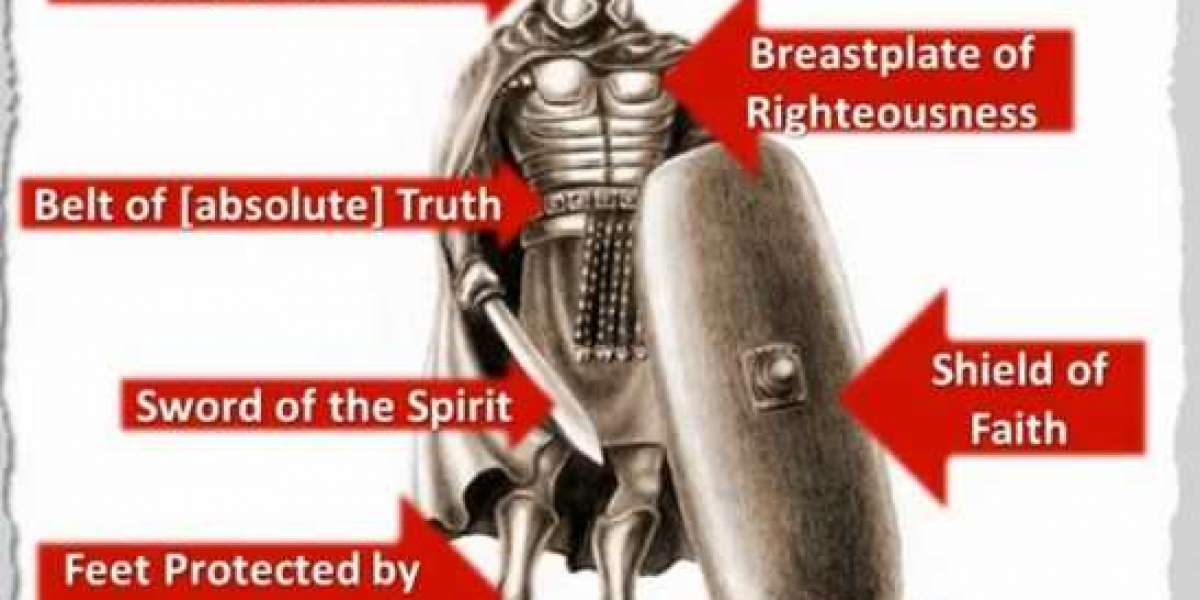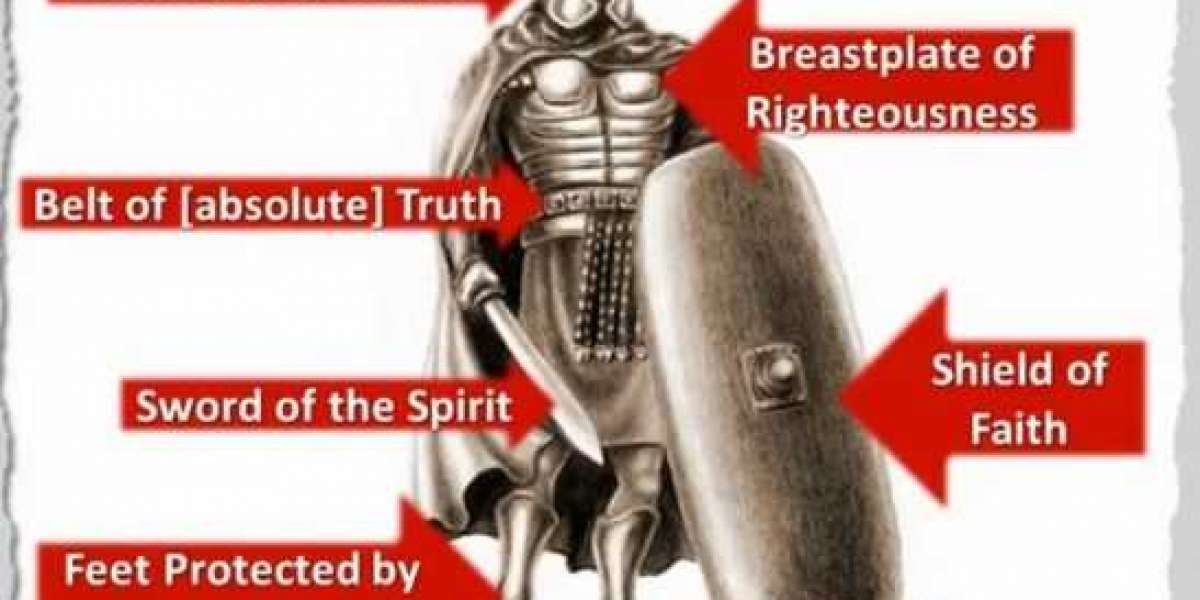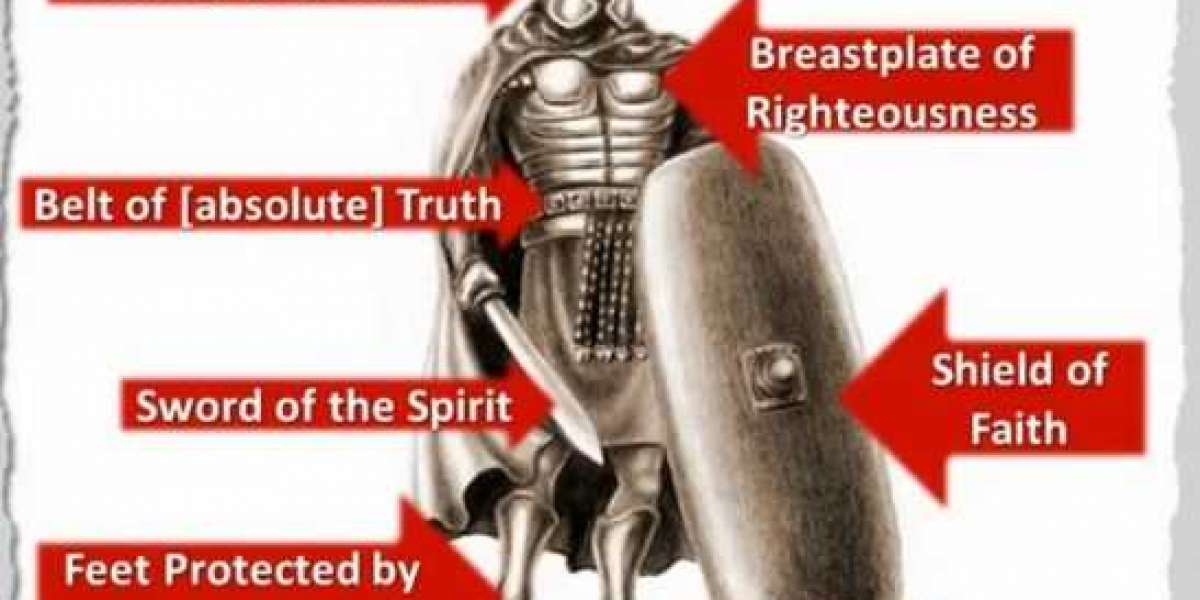There is a lot of debate that Jesus actually came to the world to save the Israelites rather than the whole world (hence, how some people are appalled by the Bible and have no desire for the truth.) In Matthew 15:22 it speaks of a woman who is desperate for Jesus to help her with her situation with her demon possessed daughter. He responds by saying "I was not sent except to the lost sheep of the house of Israel." The woman proceeds in asking for help and He responds with saying "It is not good to take the children's bread and throw it to the little dogs." Is this evidence He was focused strictly on the Israelites? My question is who are the Israelites of today? Also are some people just not meant to see the light?
It's important to note that Israel was the God-given name for a former gentile originally known as Jacob, who bore twelve sons, each one of whom, in turn, have fathered, and have thus long since represented, a single tribe of the twelve tribes of Israel.
The meaning of this God-given name provides us with an understanding of what, at essence, an Israelite truly is. In Genesis 32:28, we read, "And He'—(the Man with whom Jacob wrestled)—'said, 'Your name shall no longer be called Jacob, but Israel; for you have struggled with God and with men, and have prevailed.'" Shortly thereafter, Jacob concludes the nightly skirmish with the words, "It is because I saw God face to face, and yet my life was spared", further identifying his contender as God.
As the nation of Israel has ever since identified synonymously as "God's chosen people"—(a Divine election which is no different for the Christian: "For many are called, but few are chosen" - Matthew 22:14),—an authentic Israelite, ("For they are not all Israel who are of Israel" - Romans 9:6), or an authentic Christian, for that matter, is truly one whose heart wrestles with God, and contends with men, and triumphs.
Thus, we should see a distinction made between spiritual Israel and that of fleshly, which is to say "the nation of Israel". As Paul wrote: "For I could wish that I myself were accursed from Christ for my brethren, my countrymen ACCORDING TO THE FLESH, WHO ARE ISRAELITES, to whom pertain the adoption, the glory, the covenants, the giving of the law, the service of God, and the promises; of whom are the fathers and from whom, ACCORDING TO THE FLESH, Christ came, who is over all, the eternally blessed God." Thus, Israel, as a national body, received Christ in the flesh, as they were His workmanship in the flesh, the Law being able only to sanctify the bodily flesh, which, in accordance with its decree, had been circumcised. We, however, have received Christ in the Spirit, being His in the Spirit, being circumcised spiritually in our hearts in accordance with the faith we have been given by God.
The whole affair of Jacob's struggle with God is deeply symbolic. Prior to this spiritual scrimmage of his, in order for him to have received the earthly blessings from his earthly father Isaac, Jacob had to deceptively pass himself off as his older brother Esau, which man, in representing his father's strength as firstborn son, was naturally considered worthy to inherit the birthright; Jacob knowing himself to be unworthy as second born. But isn't this a clear depiction of the carnal way of the world?—to earn its material goods through deceptive rather than honest measures?
Yet, when Jacob wrestles with God, (such as all who come to Christ must), and ultimately refuses to let Him go without being similarly blessed, God, like Isaac, also asks Jacob his name;—the whole situation being uncannily reminiscent of his earlier deception with Isaac, which must have been very humbling to relive in the presence of omniscient God. Nevertheless, as Jacob answers honestly, not pretending to be something he isn’t, but coming to God as his unworthy self, (again as all true Christians must), the Lord blesses him with the much finer spiritual blessing.
It's important to note that it was not Abram's name which was changed to Israel, but rather to Abraham, neither was it Isaac's, which two patriarchs are constantly credited by Israel as that nation's forefathers, together with Jacob, the last of whom, technically speaking, might alone be considered that nation's father. Abraham and Isaac were not, of course, of the nation of Israel, (just like the many godly men whom preceded them, such as Noah, Enoch, and Seth, to name a few). Israel was strictly Abraham's grandson and Isaac's son; but nevertheless, the promise of the Seed, along with the circumcision of the flesh, had been given to Abraham, a man formerly living after the fashion of a gentile for ninety-nine years, whom God simply chose to set His love upon, just as He always has with any whom bear His name: "We love Him because He first loved us" - 1 John 4:19.
This fact of two of their three venerated forefathers not qualifying as actual Israelites, (for out of Abraham came also the Ishmaelites, and out of Isaac also the Edomites), should have kept the nation of Israel from being puffed up over all other people, and have kept them humble with respect to God's inclusive election of the Gentiles; but, as a nation, they failed to understand the humble heart of the One Who by His mercy called them, and set them apart, and sanctified them.
It is this national body of Israel, to whom lowly Jesus, the heart of God, was physically sent, Whom they rejected, because they had grown proud and puffed up with the knowledge of the Law that had been entrusted to them which was to prepare them, ironically enough, for Christ's coming (1 Corinthians 8:1; Galatians 3:24). Thus, as Christ had long ago awarded them His perfect Law, and had long invested so much work in them, having sanctified them for ages before the whole witnessing world, they were simply His foremost priority when He arrived in the flesh, not that He didn't come for anyone else, only that He came to “the Jew first, and also to the Greek” (Romans 1:16). After-all, He has made it very clear that He has always worked with gentiles—Rahab the harlot, like many other Old Testament individuals who were grafted in, being a prime example (James 2:25).
Romans 11, from the eleventh verse through the chapter's end, speaks volumes to this relationship of God with the nation of Israel and us Gentiles, wherein we read: "I say then, [has Israel] stumbled that they should fall? Certainly not! But through their fall, to provoke them to jealousy, salvation has come to the Gentiles. Now if their fall is riches for the world, and their failure riches for the Gentiles, how much more their fullness!" And so we see that God intends to bring His national people back to Him, by means of His favor having shifted with their rejection of Christ to the Gentiles, whom Israel mistakenly came to think themselves more worthy than, forgetting that God alone is worthy and alone makes worthy. Thus, through us, who were considered formerly unworthy, and are of wild branches having now been grafted into the cultivated olive tree of true, spiritual Israel, the Lord will restore His nation of Israel—(the Israel of the flesh)—to a glory in Christ that will surpass the glory of their former state as it was under the Law.
This whole falling away of the Jews, and subsequent calling of the Gentiles, has been symbolically foreshadowed from the very beginnings, with Esau, an Edomite, symbolically portraying, (strangely enough), fleshly or national Israel’s later rejection of their lawful birthright by their rejection of Christ, and with Jacob, whose name became Israel, representing the future gentiles, in receiving that birthright which he, like we, was not considered, according to the flesh, worthy of receiving.
National Israel was to serve as an outward manifestation of the sanctification which is to occur in every believer’s heart; but, as sinful man invariably does, the nation of Israel failed to consider their internal state in favor of a purely outward and ceremonial show of religion, such as we see happen still today to many persons whom miss the point and purpose of the Gospel. Whom of us, apart from the supernatural security we have in Christ, would have done any differently? As God said in 1 Samuel 16:7, “For the LORD does not see as man sees; for man looks at the outward appearance, but the LORD looks at the heart.”
Search
Popular Posts
-
 Who are the Israelites that Jesus is so concerned with in the Bible?
By Demetrios
Who are the Israelites that Jesus is so concerned with in the Bible?
By Demetrios -
 How to “fight” the Illuminati. Part1: The weapons of our warfare
How to “fight” the Illuminati. Part1: The weapons of our warfare
-
 How to “fight” the Illuminati. Part 2: A solitary battle
By Demetrios
How to “fight” the Illuminati. Part 2: A solitary battle
By Demetrios -
 The dilemma of the Janissaries - The fool - The reproduction of evil - Revelation of truth
By Demetrios
The dilemma of the Janissaries - The fool - The reproduction of evil - Revelation of truth
By Demetrios -
 How to “fight” the Illuminati. Part 3: The principle of freedom, self sufficiency
By Demetrios
How to “fight” the Illuminati. Part 3: The principle of freedom, self sufficiency
By Demetrios



ValarMorghulis87 6 years ago
Great article!! Awesome points!!! We are adopted as sons and daughters of the kingdom once we accept Christ the one and only Messiah and King of Isreal. Thanks for sharing!